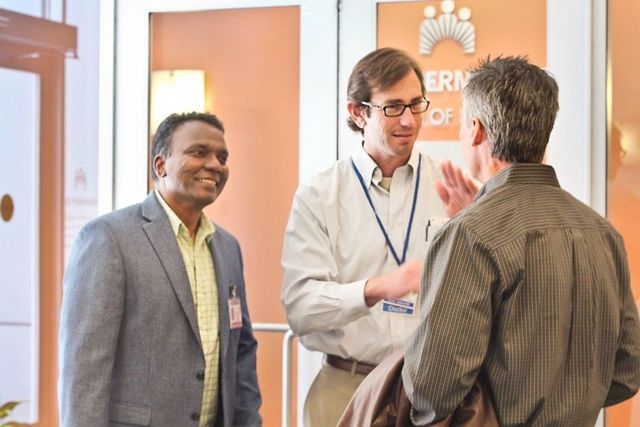With right drive, dynamics, job hunters can find superstar work
You may be tired of your ho-hum job. Or you may have or have had a very good job and want an exceptional one. Does it exist? How can you find it?
Katie Donovan, founder of Boston’s Equal Pay Negotiations LLC, consults and speaks on salary negotiation and parity. She believes exceptional jobs meet four criteria.
“Job offers are relative,” she says, based on differences in candidate requirements, company size and industry position and competition.
What other criteria apply? Tony Beshara, president of Babich & Associates Inc. in Dallas-Fort Worth, Texas, has placed more than 12,000 people locally there, in Austin, Texas, and in Houston.
“Look at the quality of company and people,” he says. “Is it a very well-defined opportunity that matches your skills and ability, where you’ll be challenged and pressed beyond what you have in the past? You have to reach for it, get stronger and become better. Will it help you become a better human being?”
Beshara says, however, that many people don’t know which questions to ask to determine whether the job will be exceptional, or they miss signals. He adds that companies aren’t always forthcoming about what you’ll be doing until the first day.
“Usually it’s a scary surprise,” he says.
NOT A SUPERSTAR?
Uli Chettipally, an emergency physician at South San Francisco’s The Permanente Medical Group Inc. offers a more skeptical position on the existence of exceptional jobs. Chettipally also co-founded Crest Network, a collaborative for emergency medicine research, where he designs and builds information technology tools. He says he has an exceptional job, but that you can’t find one. It evolves after you’re hired.
“Most people,” Chettipally says, “have to create that exceptional job after joining. You won’t be offered it on a silver platter.”
He says nonsuperstars need to hunt for a job with the potential to make it exceptional, because companies offer exceptional jobs only to superstars.
Beshara says superstars tend to receive exceptional offers because companies expect their impressive accomplishments to continue.
“Superstars perform 200 percent better than the average employee,” he says, “with tremendous track records everywhere they’ve been. They’re passionate, with healthy (not big) egos. Their work is a calling, a vocation.”
He says that when companies hire nonsuperstars for an exceptional job, who then underperform, the tenure becomes brief.
Mentors guided Chettipally to Permanente for its research interests. He interviewed for a part-time job to understand the culture and see if the job was really what he wanted it to be.
“I wanted to feel comfortable with the job,” he says.
Absent mentors, he recommends speaking with employees with jobs you’d like in companies that interest you.
If you’re not a superstar but want an exceptional job, Beshara says to do even the most mundane tasks as if they were the most critical ones.
Next, “figure out ways to make the tasks more important to the rest of the company,” he says. “Then ask for more responsibility.”
Chettipally volunteered, found his passion and built alliances to gain information about the company, all the while being alert to industry trends. For him, getting an exceptional job came after landing a job where he belongs.
Dr. Mildred L. Culp of WorkWise® welcomes your questions at culp@workwise.net. © 2014 Passage Media.














